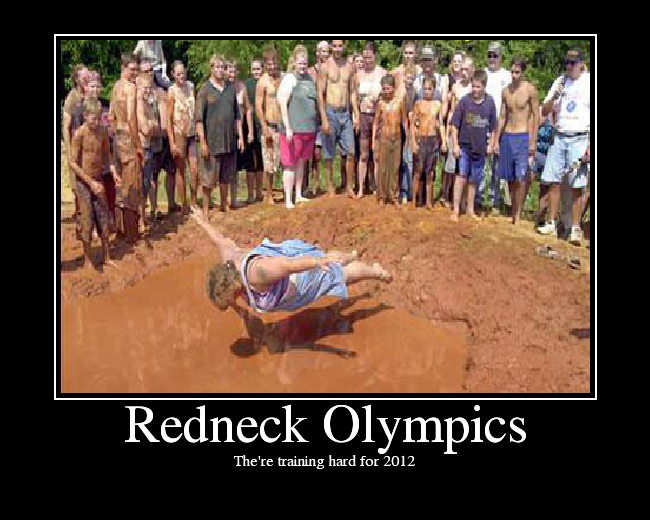Joe Capitalist
Racism is a disease
I'd rather be remembered as best in show after I'm gone than mediocre and forgotten while I'm still alive. If you prefer the last, congratulations, you've made it.
You're going to be severely disappointed, boy.
I'd rather be remembered as best in show after I'm gone than mediocre and forgotten while I'm still alive. If you prefer the last, congratulations, you've made it.
Are you kidding? You're one, big, fat 100% impurity.
You're going to be severely disappointed, boy.
I'm still alive and considered best in show. You're still alive can't reach mediocre, boy.



I did the testing and found exactly what I expected. No impurities like with yours.
ALL modern humans are of African descent.
We are ALL Africans under the skin.
And this is the "show" he's talking about:


The Chicks like Big Skin with Flavor
You're one sick puppy, :d
What do you consider impurities?
Yeah, and I bet you think you're a "Stable Genius", too.


And this is the "show" he's talking about:

"Best in show". Your words addressing me.
As more Americans take advantage of genetic testing to pinpoint the makeup of their DNA, the technology is coming head to head with the country’s deep-rooted obsession with race and racial myths. This is perhaps no more true than for the growing number of self-identified European Americans who learn they are actually part African.
For those who are surprised by their genetic heritage, the new information can often set into motion a complicated recalibration of how they view their identity.
<snip>
In recent years, multiracial Americans have increasingly entered the national consciousness. Between 1970 and 2013, the portion of babies living with two parents of different races rose from 1 percent to 10 percent, the Pew Research Center found. From 2010 to 2016, those who identified as being of two or more races grew by 24 percent, according to census data, a jump that could have had as much to do with the changing way in which Americans identify themselves as an actual increase in the racially mixed population.
But when the mixing happened several generations back, it can take people by surprise. While little data exists comparing people’s perceptions with the reality of their ethnic makeup, a 2014 study of 23andMe customers found that around 5,200, or roughly 3.5 percent, of 148,789 self-identified European Americans had 1 percent or more African ancestry, meaning they had a probable black ancestor going back about six generations or less.
<snip>
But for some, white identity trumps DNA. If the test result is too disruptive to their sense of self, they may rationalize it away. One white supremacist who discovered he had African DNA claimed on the white nationalist website Stormfront.com that the testing company was part of a Jewish conspiracy to “defame, confuse and deracinate young whites on a mass level.” Members of white nationalist groups have advised those who discover non-Aryan heritage to rely more on genealogy or the “mirror test,” as quoted in a sociological study of Stormfront members discussing ancestry-test results. (“When you look in the mirror, do you see a jew? If not, you’re good,” one commenter wrote.
“Many whites would get a new story and say, ‘I’m still going to call myself ‘white,’ or ‘I’m still going to call myself ‘Italian,’ ” Foeman said. “They started to less see race as genetic and more a question of culture and [physical appearance].”
Reassessing the past
In an era when technology is partly blamed for an increased sense of polarization, it is perhaps ironic that a technological advance is helping to blow up some of that. And because users can connect with relatives on the DNA registries, some white test-takers have been fascinated to find fourth or fifth cousins who are black.
Lots More --> https://www.washingtonpost.com/loca...9728984779c_story.html?utm_term=.b5f2054f4e1b
View attachment 5856
So you're a Dog now ... got it.
